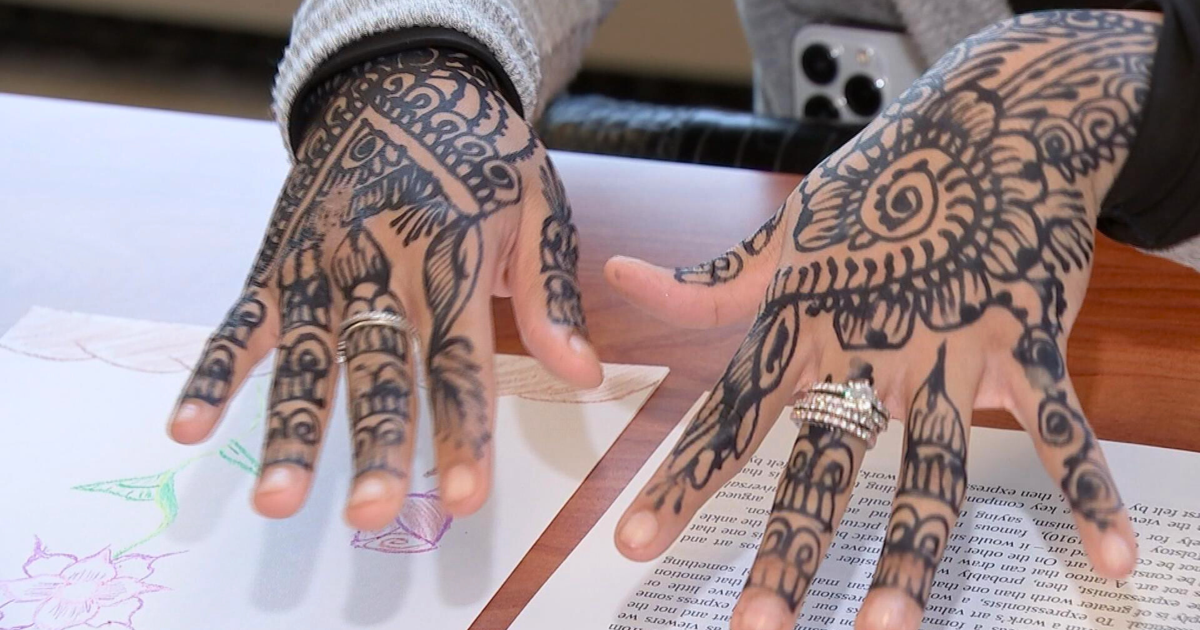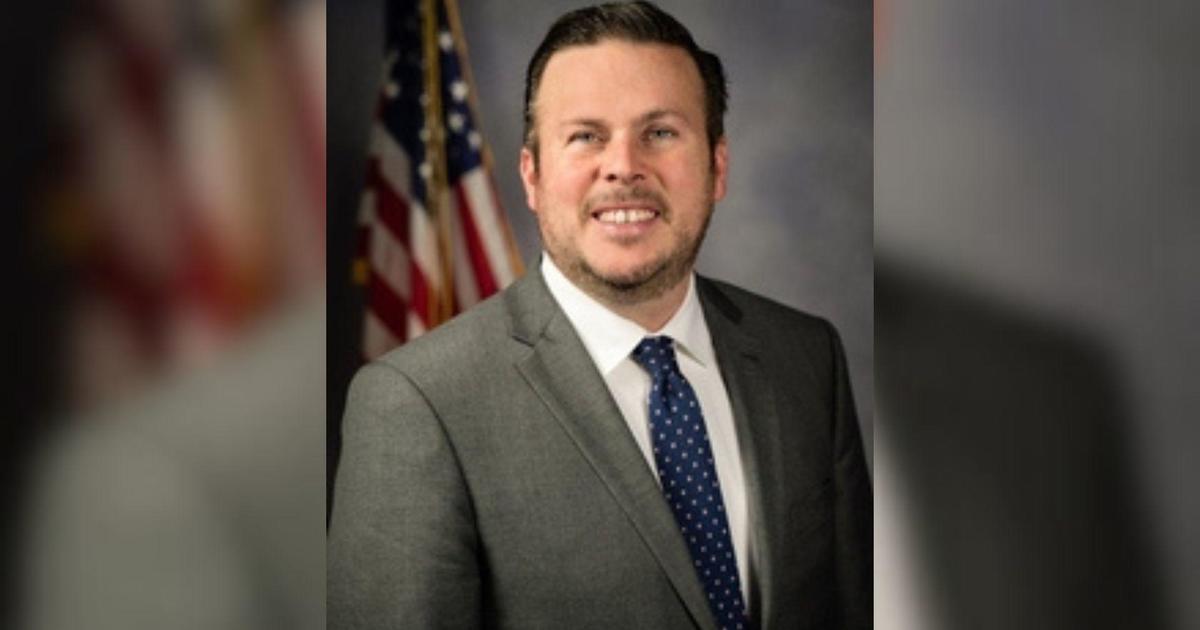Rutgers-Camden Law Professor: Pedophilia Is A Mental Disorder And Should Be Treated Early To Avoid Child Sexual Abuse
PHILADELPHIA (CBS) – Dom Giordano spoke with Rutgers-Camden law professor Margo Kaplan on Talk Radio 1210 WPHT about an editorial she wrote in The New York Times calling for pedophilia to be classified as a disorder, not a crime.
Kaplan said she does not believe re-categorizing pedophilia changes the severity of abusing children.
"I'm not arguing we should de-criminalize child sex abuse. That would be absurd. What I'm looking at is the mental disorder of pedophilia, of sexual attraction alone, not the actual behavior of child abuse. I'm arguing that by treating and intervening in the mental disorder of pedophilia early, we can help prevent child abuse which, of course, is something horrific that should be punished."
She stated she also does not think that pedophiles should be able to use the condition as a legal defense.
"It's not something that could afford someone a criminal defense. Criminal defenses are reserved for people who generally don't understand the consequences or nature of what they're doing or can't control their actions. Pedophilia doesn't have that implication here. Individuals are able to control their ability to make decisions. It's possible to make it harder for them, but they still have the ability to control what they're doing. So, unless it's combined with some other type of mental disorder that makes them unable to understand what they're doing, they still have the capacity to control their actions. So, it's not the thing that's going to afford you an insanity defense. It's important to understand pedophilia, not because it's an excuse for crime, but because it will help us prevent crime."
Kaplan wants pedophilia to be dealt with like other such disorders have been dealt with in the past so individuals suffering from it do not escalate to the point where they act out.
"We've always been concerned about the rights of people with mental disorders. Those are the same arguments we used to make about people with bi-polar disorder, with schizophrenia, and people with depression. We used to say they're morally to blame for their mental disorder, and now we know differently. We know that people don't choose to have mental disorders and that we want to make sure they get treatment early, and that treatment helps them deal with it on a day-to-day basis."



